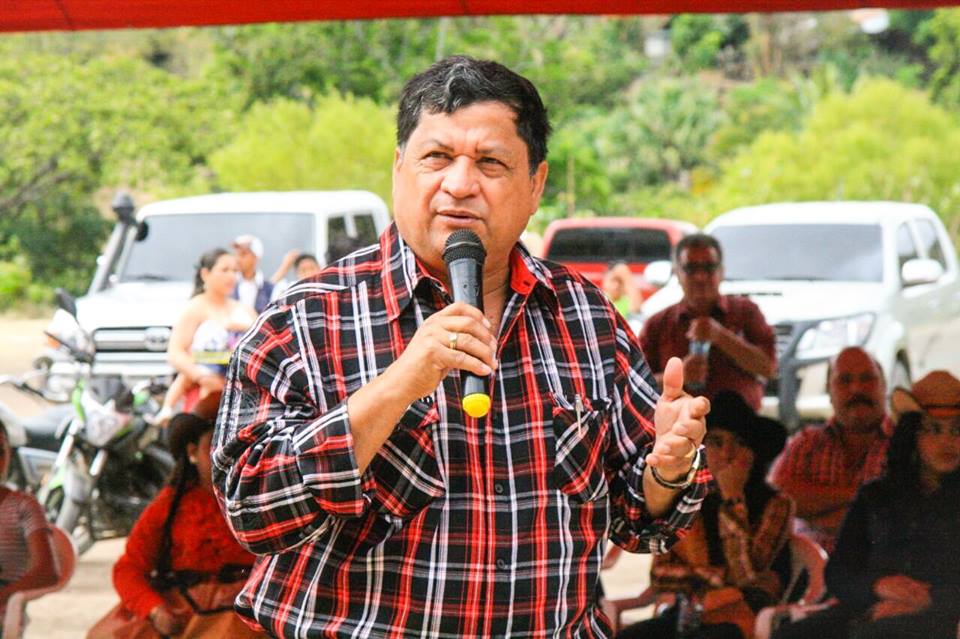EspañolAccording to the Cuban Cardinal and Havana Archbishop Jaime Ortega, there are no political prisoners on the island, just common criminals.
His statements during an interview on a Spanish radio show on June 5 have angered the many people currently imprisoned in Cuba for political reasons, their families, and activists on the island who continue to fight for human rights. They say the Catholic Church has abandoned them.
“When Pope Benedict came [to Cuba], there was a pardon of the common prisoners, because there are no political prisoners left in Cuba anymore,” said Ortega.
According to the hierarchy of the Catholic Church, cardinals function as the pope’s advisers and closest collaborators.
Berta Soler, leader of the dissident group Ladies in White, tells the PanAm Post that Ortega’s comments are inaccurate and regrettable. “There are political prisoners in Cuba,” she says. Soler notes that there are activists on the island who have been sitting behind bars for over 20 years simply for defending human rights.
“We find it deplorable that Cardinal [Ortega] uses the same rhetoric as the Cuban government. The Catholic Church should not be biased; it should protect and shelter every suffering, defenseless person,” says the activist.
As for a potential pardon of political prisoners in Cuba upon Pope Francis’s arrival on September 19, Soler is unsure it will happen.
“Now we’re worried, because if the Cardinal, who is at the top of the Catholic Church, has already said there are no political prisoners here, then when Pope Francis comes, the Cuban government could just release ordinary criminals, instead of the more than 50 political prisoners.”
José Daniel Ferrer, General Coordinator of Cuba’s Patriotic Union (UNPACU), told the PanAm Post that his group is also quite disappointed with Cardinal Ortega’s statements.
“We very much regret that he is so uninformed about Cuba’s sad reality, or that he forgets so easily about the prisoners, as the bishop of a church that has Jesus at its head, and Paul as one of its main apostles.”
Ferrer says there are between 50 and 60 political prisoners today in Cuba. Half of them, he explains, are members of human-rights advocacy groups. “To forget about them is not fair; it’s not human.”
The UNPACU coordinator believes, however, that there is still a chance Pope Francis’s visit to the island brings with it pardons for some prisoners.
“The Castro brothers usually perform these kinds of gestures with world leaders. In a way, this happened with Pope John Paul II and Benedict XVI. If enough voices rise up and recognize that there are political prisoners in Cuba, we believe they could be freed.”
Harsh Words from Abroad
During a press conference in Miami, the former political prisoner Jorge Luis García Pérez, also known as “Antúnez,” called the archbishop’s statements “irresponsible.”
He says the pope’s upcoming trip to Cuba will be “a very dangerous visit, because it will serve to legitimize the regime like never before.”
Antúnez, who spent over 17 years in prison, says Ortega’s words, beyond simply angering the Cuban community abroad, revealed an “insensibility as cruel as it offensive.”
“You, cardinal, are laying down the carpet that the Castro regime will use to walk toward perpetuity,” he said. “The Cardinal is part of a gruesome plan to bleed out the Cuban resistance.”
Antúnez’s press conference received support from most Cuban exile organizations in the United States, including the Cuban Patriotic Association, the Cuban Patriotic Board, and California’s Union of Former Political Prisoners.
Nelis Rojas de Morales, secretary of the International Coordinator of Former Cuban Political Prisoners, was present at the event in Miami and confirmed that she has sent the Vatican a list of Cubans still behind bars for political reasons.
 Versión Español
Versión Español













